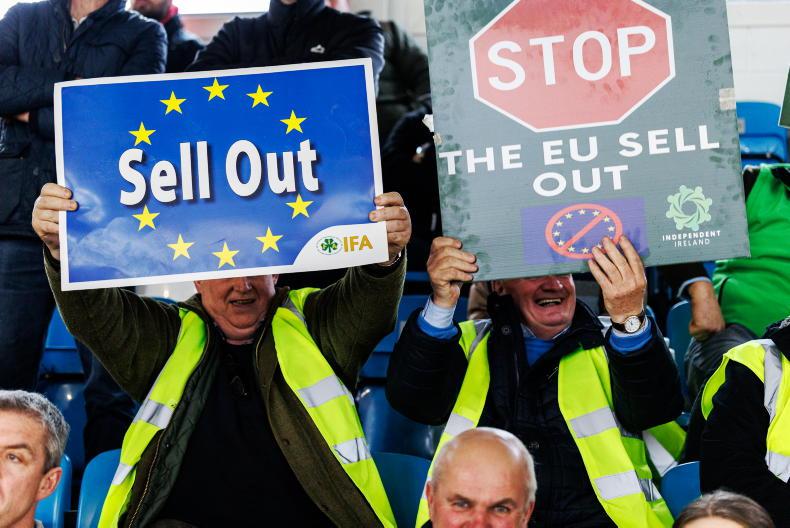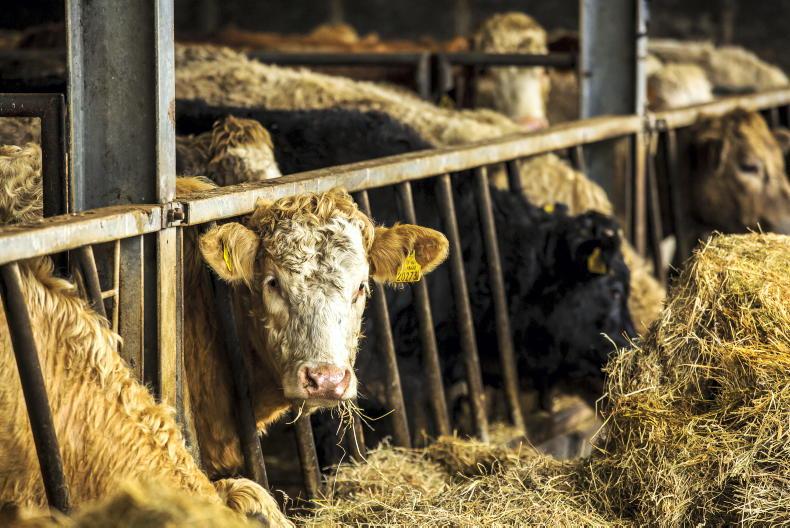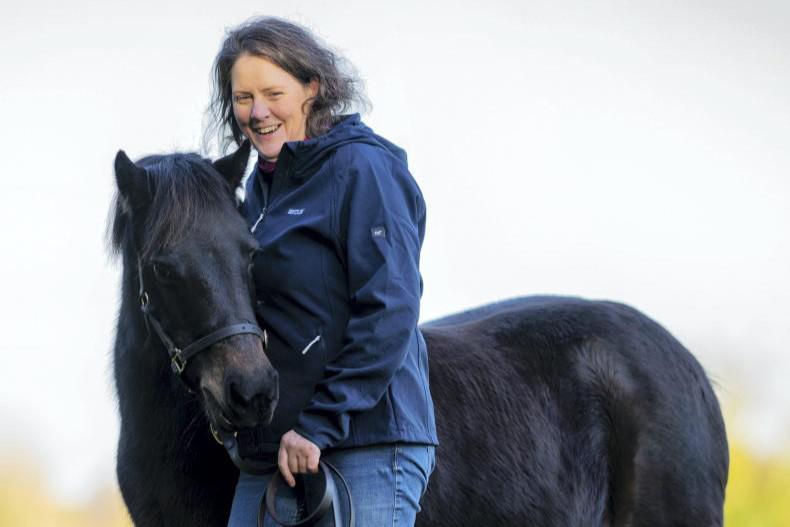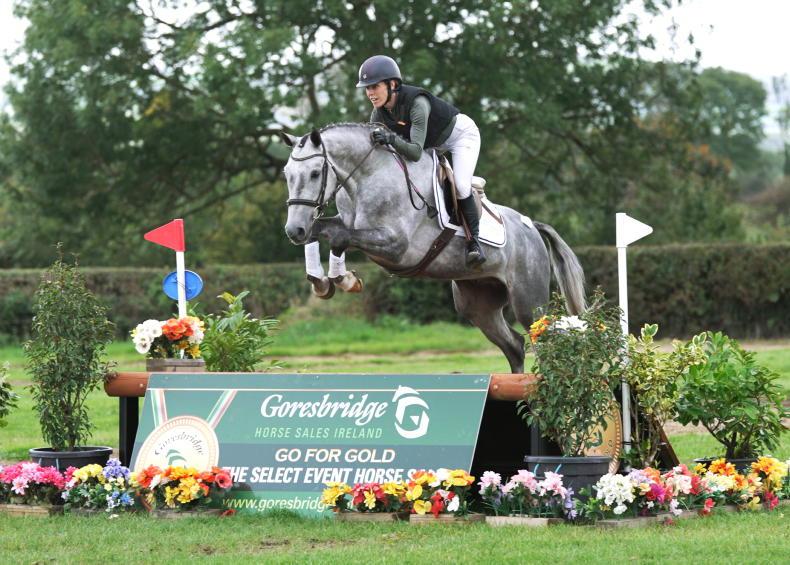If betting on racehorses is a mug’s game, owning racehorses is an even costlier pastime. The racing industry, and the breeding industry for which it is the shop window, are subvented by Government through Horse Racing Ireland (HRI) but also by the owners of racehorses.
A succession of studies stretching back to the Killanin Commission report in 1986 has documented the generosity of owners to the racing industry.
A more recent study by Deloitte in 2017 estimated that owners’ total costs were €162m per annum, offset by €63m in prize money to leave an owner subsidy of €99m, in excess of HRI’s Exchequer income.
Some of the prize money comes from entry fees paid by the owners themselves, of whom about 5,000 are registered with Horse Racing Ireland, which works out at about €25,000 per owner in an annual donation to the Irish horse-racing industry.
This is, for the average owner, an expensive hobby rather than a money-making sideline. Racehorse owners are racing’s benefactors, and help to sustain the breeding industry as well as the 26 racecourses around the country and the 350 or so public training establishments. Direct employment in the thoroughbred industry is around 10,000.
Golf
Golf is expensive too, even though the better golfers may win a few quid in a sweepstake occasionally.
Golf is for the moderately well-off, owning racehorses is for those with a bit more cash to burn, or for incurable optimists. A few may come out ahead but they are the lucky ones. The rest love racing and can afford the expense.
At a more modest level, so can the legions who buy memberships and season tickets for soccer, rugby and GAA teams going beyond their willingness to actually attend the matches.
They are not just fans, they are sponsors in a more affordable way. It’s a free country, and people are entitled to shell out their own money for whatever sports they wish to endow.
If the Government announced a plan to pay some of the membership and season ticket costs of supporting, say, the Leinster rugby team or Shamrock Rovers or the Limerick hurling team, the taxpayers would be right to object.
RTÉ reported last Sunday that Paul Murphy TD had been informed that €42m in public funds was paid out in prize money at horse races last year and RTÉ continued: “The owners of racehorses who win the prize money do not have to pay tax on income earned from prizes. However, trainers and jockeys are subject to taxation.”
On well-attested statistics, publicly available, money is lost on the ownership of racehorses in the aggregate and on average.
There is the same liability to tax as for jockeys and trainers, who pursue, in most cases, professional careers that turn a profit liable to tax. The gross revenue of owners in the form of prize money, about one-quarter of which is subscribed by themselves anyway, is miles behind the amount they pay out for training, veterinary and other costs.
There is no country that funds prize money entirely from sponsorship
If there is no net income, after costs, there is no liability to income tax. Deputy Murphy has a drum to beat but RTÉ is a public service broadcaster and should know better.
Murphy said that total core funding for all sports organisations in Ireland such as the FAI, GAA, Athletics Ireland, Swim Ireland and the Special Olympics amounts to €15m and asked why so much money was allocated to a “lucrative, predominantly private industry, in a free-market economy which should be able to support itself”.
RTÉ reported the following as fact: “More than €30m of public money was paid to racehorse owners last year, for which they did not have to pay income tax.”
Transfer of public funds
Speaking on RTÉ’s This Week programme, Murphy bemoaned a huge transfer of public funds “to a small number of already very wealthy multi-millionaire or billionaire horse owners”. Moreover, “they get that money tax-free, transferred from the taxpayer” and he continued: “And, yet, here we are giving €70m a year to an already very wealthy industry.”
Murphy said that the horse-racing industry should be able to fund its own prize money through sponsorship “as happens in most countries”. It does not.
There is no country that funds prize money entirely from sponsorship.
In allocating funding to augment prizemoney, distributed to individual racecourses, HRI has chosen to classify its expenditure in a manner which invites misunderstanding and facilitates misrepresentation. The tracks must offer decent prizemoney to attract runners and many would fold in the absence of HRI support.
The breeding industry is indirectly supported too and would suffer if racecourse funding were inadequate.
Would it better reflect reality, and help communicate more accurately, if these expenditures were described as grants to racecourses rather than as grants for prize money?










SHARING OPTIONS